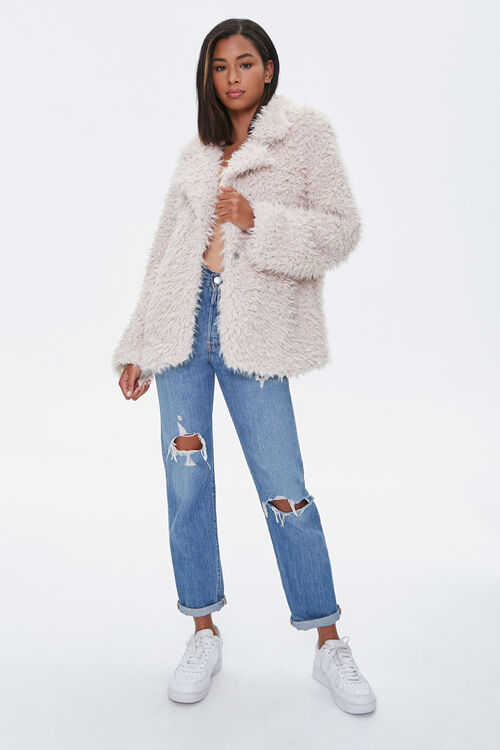Although L Brands is looking to reverse its Victoria’s secret underwear brand, it still has a headache: its teen counterpart Pink.
Victoria’s Secret, the owner of Pink and Bath & Body Works, said late Wednesday that it is reducing its full-year profit guidance due to the weakness of its Pink brand.
Company executives told analysts on Thursday morning that comparable store sales growth for teen-based brands fell by one digit to the median in the second quarter. On Wednesday night, the company announced the retirement of Pink CEO Denise Landman. On October 1st, Amy Hauk, president of merchandising and product development at Bath & Body Works, will replace Landman.
Executives said that L Brand now expects earnings per share of $2.58 to $2.70 in 2018, which is lower than the previous forecast of $2.70 to $3.00 per share. For the third quarter, it now expects earnings per share between $0.00 and $0.05.
L Brands shares fell more than 10% on Thursday to $28.66 a share, trading at its lowest point since 2011.
Victoria’s Secret’s Pink sells bras, panties and casual wear such as leggings and wool. Victoria’s secrets have met their challenges in transcending sexy lingerie, as it has become the comfort style of choice today.
These stumbling blocks offer opportunities for competitors, including millennials, such as American Eagle’s Aerie division, Adore Me and ThirdLove.
Victoria’s secret offset some of Pink’s decline. Compared with the same period last year, their comparable store sales fell by 1% in the second quarter. Bath & Body Works’ same-store sales increased by 10%, helping to alleviate the pain. Overall, the company’s merchandise sold in stores that have been in business for at least a year has increased by 3%.
As analysts blamed Victoria’s secrets, executives on Thursday opposed the idea that pink lost contact with its shoppers.
“I don’t think that pink has lost the ability to connect with customers and has excited in our core constituencies,” said Landman.
Despite detailed information about the Pink Transformation Program, executives blame some of the challenges of their top wool business. Executives say shoppers are delaying the purchase of college-style wool until the weather turns cold, reflecting a new “buy now, wear now” mentality that has penetrated the industry.
Some analysts are skeptical on Thursday whether White can reverse the situation under new leadership.
Jefferies analysts wrote: “The change in the pink leadership… won’t do anything because the brand is no longer wanted.”
Pink is a nearly $3 billion brand that had sales of about $12 billion last year.
Llanz, based in Columbus, Ohio, reported second-quarter revenue of $99 million, or 36 cents a share, down from $138.9 million, or 48 cents a share, in the same period last year. This is better than the analysts surveyed by Thomson Reuters expecting 34 cents per share.
The company reported net sales for the second quarter earlier this month at $2.98 billion, up from $2.76 billion in the same period last year.












